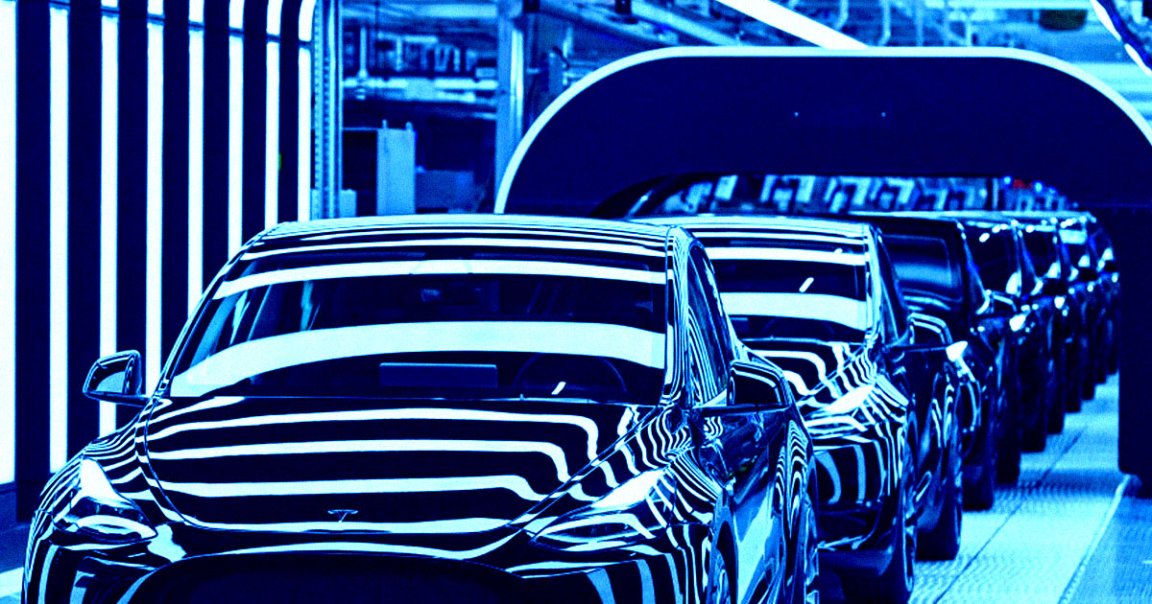
Here’s how horrendous things are for Tesla right now: On an earnings call on Tuesday, the extent of the carmaker’s “nightmare” year was laid bare, as they revealed net income to be down 55 percent this quarter compared to the same period last year. Revenue also fell nine percent.
In a desperate bid to stop the bleeding, Tesla CEO Elon Musk reneged on his promise to bring a more affordable EV to market yet again. Earlier this month, Reuters reported that the company was looking to pivot to self-driving robotaxis instead, an eyebrow-raising shift in priorities.
At first, Musk accused Reuters of “lying ” without elaborating further — only to admit that the reports were right all along, announcing that the company’s robotaxi reveal was just four months away.
Now, the mercurial CEO has seemingly changed his mind once again, assuring investors that his EV maker is now accelerating the launch of new models — a plan far less ambitious than originally thought, and one that highlights the sheer chaos going on behind the scenes.
Instead of focusing its efforts on a fresh, next-generation Model 2 — which purportedly will cost a mere $25,000, if it ever goes on sale — the company is aiming for something more mundane: cheaper models, based on the company’s existing platform.
“These new vehicles, including more affordable models, will utilize aspects of the next generation platform as well as aspects of our current platforms, and will be able to be produced on the same manufacturing lines as our current vehicle line-up,” the company wrote in a shareholder release.
The company, however, hasn’t given up on its purported “robotaxi,” with Musk sheepishly coming up with a nickname for the autonomous vehicle: the “Cybercab,” a play on the company’s (much-maligned) Cybertruck.
Investors seemingly took the news in stride, with Tesla shares rising more than ten percent in after-hours trading.
That’s despite growing concerns over Chinese EV makers flooding the market and undercutting the luxury carmaker with cheaper alternatives, to say nothing of a slowing overall demand for EVs.
Meanwhile, Tesla is in dire straits, with the company firing over ten percent of its staff and several key executives resigning.
Tesla is quickly running out of cash and has spent roughly $2.5 billion in AI infrastructure alone.
At the same time, Musk has been hellbent on gifting himself a previously thrown-out $56 billion pay package, with the company going as far as to launch an entire website exclusively designed to convince other shareholders of the plan.
Musk’s bizarre political outbursts have also alienated Tesla’s core buyers, as recent data by market research company Strategic Vision has shown.
Now, by doubling down on the company’s controversial driver assistance software, Musk is drawing lines in the sand.
“If somebody doesn’t believe Tesla is going to solve autonomy, I think they should not be an investor in the company,” he told investors during Tuesday’s call. “We’re putting the actual ‘auto’ in automobile.”
Whether that approach will pay off, especially in the short run, remains to be seen.
More on Tesla: Tesla Driver Charged With Vehicular Homicide for Killing Motorcyclist While Browsing His Phone on Autopilot